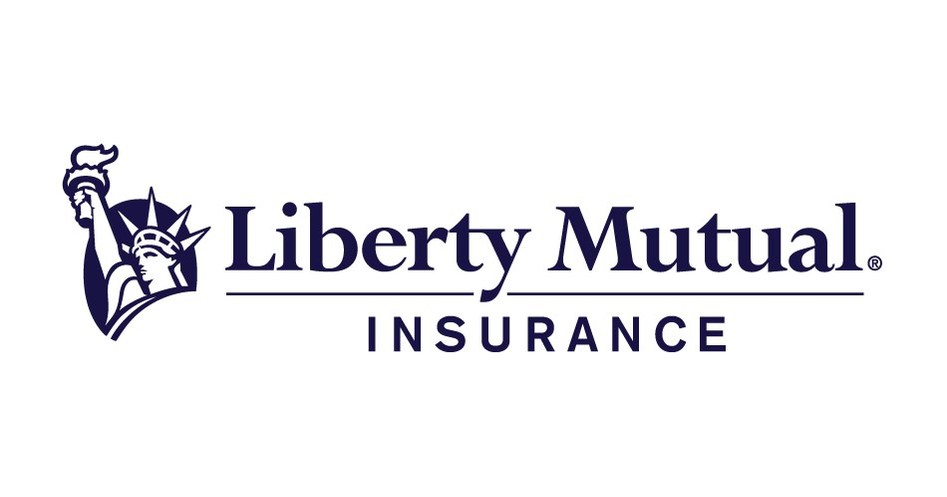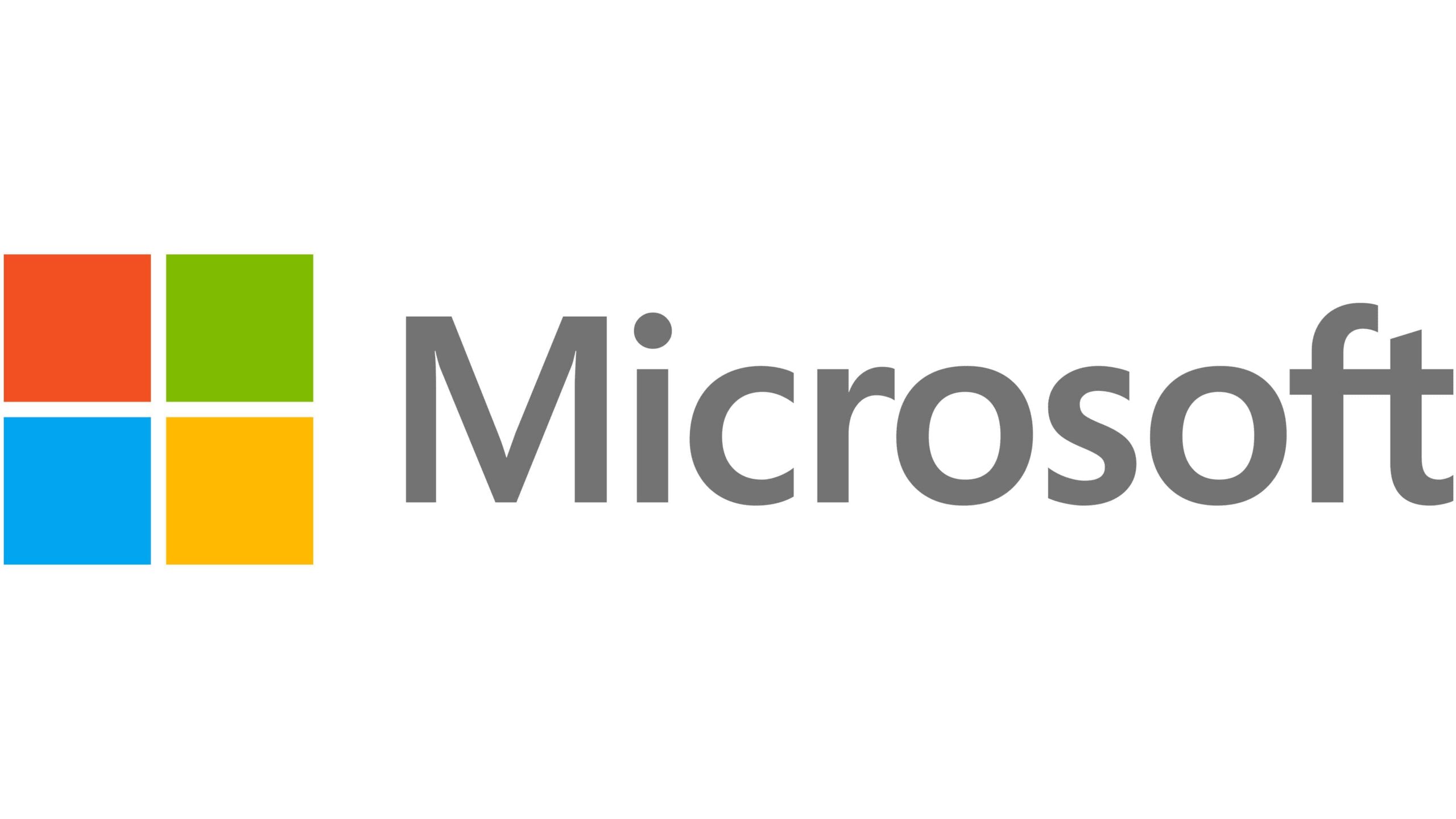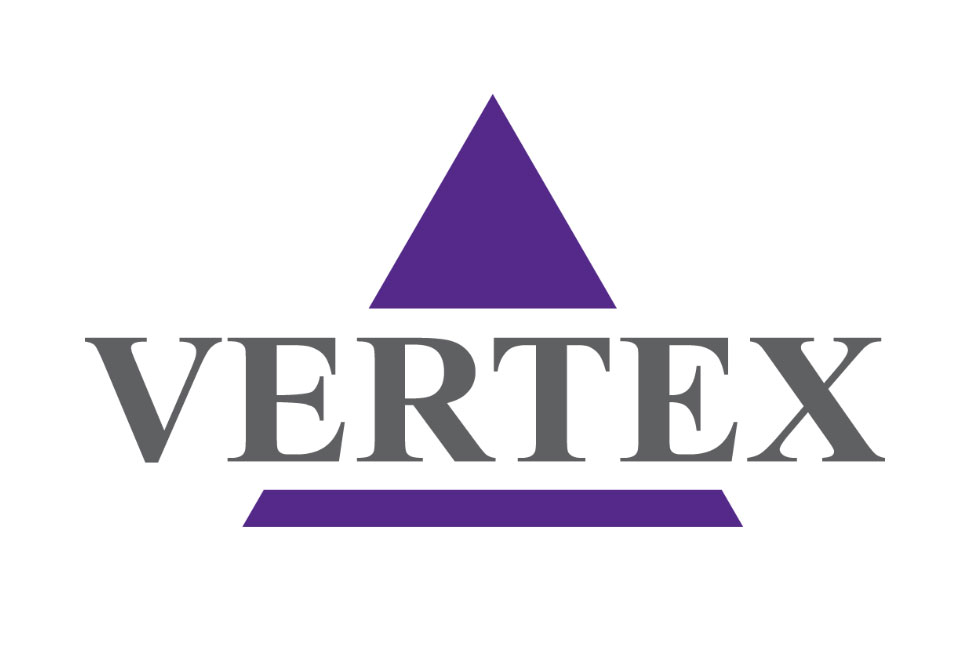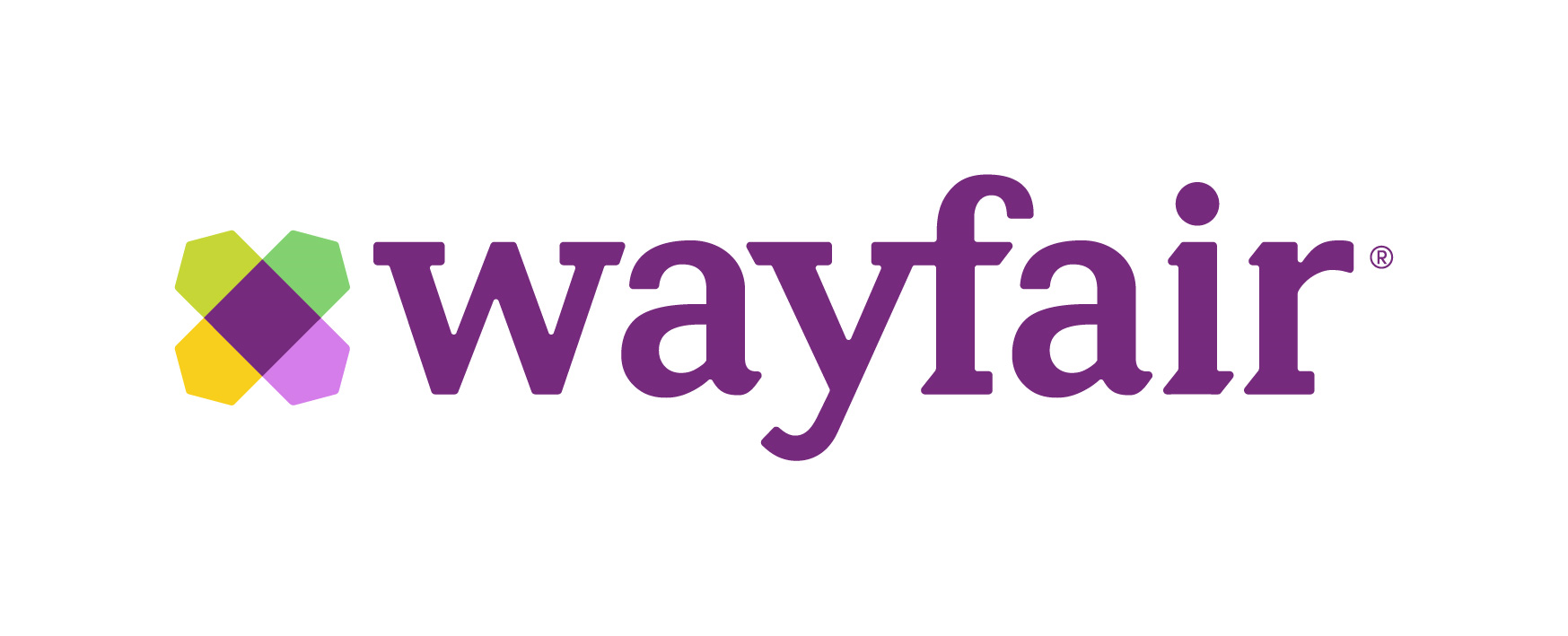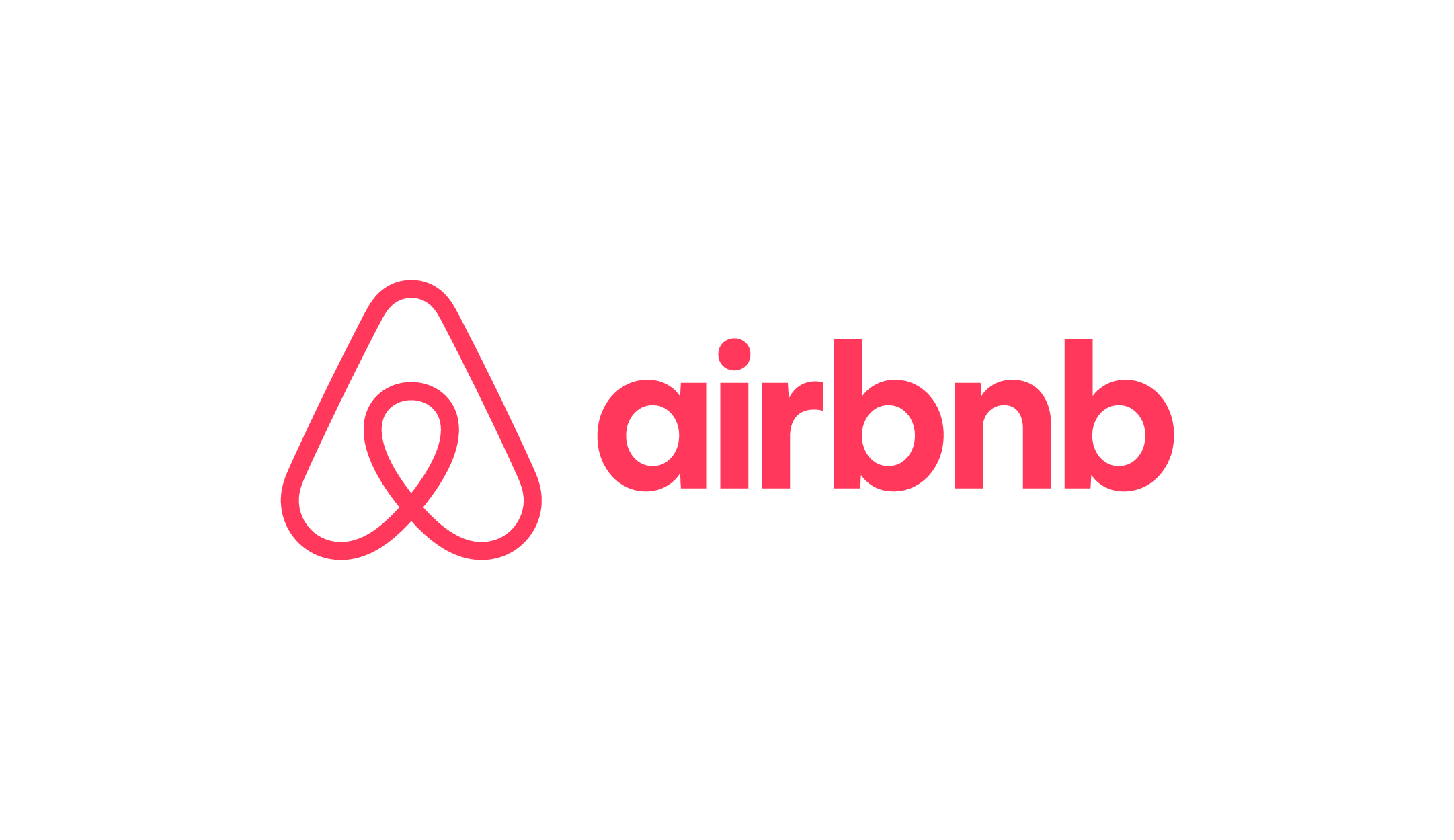Our family is traveling in Taipei, Taiwan as part of our family heritage trip to Taiwan and China. As we’ve been traveling my daughter keeps giving me her iPhone in between her picture taking. At one point, she says, “Mom, where did you put my iPhone?” when she couldn’t find it in my bag. I asked her, “is it your phone or is it mine? I think I’m simply holding it for you.” My daughter acknowledges it with uncanny grace, saying, “thanks mom, I got it”. She finds her phone shortly thereafter. That, was a moment of owning accountability.
Life is shared, whether at work or at home. Nothing can be done independently of others or our surroundings. So in this interconnected living, it’s plausible to put responsibilities on others when things get tough. At some point, things always get tough. Sometimes it’s the other person. Sometimes it’s shared. Sometimes it’s really ours to own. Question is, do we discern? Do we take the time to be present with what’s going on so we can process what happened and understand our emotional response to the situation? If you stay present to a situation, you will realize that taking responsibility is always an emotional choice. Your logic can process but it’s your emotional vulnerability that blocks or allows you to discern and take actions accordingly with the other person(s).
In general, I do a much better job owning my accountability in my professional life than in my personal life (I guess it’s best to poll my team first!). For most of us, it gets most sticky in our home life. For me, it gets most challenging with my husband. I suppose it’s because I’m most interconnected to him in my life. Years of the said and unsaid expectations. All the logistics in daily living. At every turn, there is a moment to reckon with accountability. Through our long relationship of 30+ years, I’d have to say that I did more of the blaming than the owning. It’s so easy to put it on someone else to make my annoyance go away. And I did a pretty good job of letting it be on him. But along the way, I began to wake up. Seeing what I should own was not a pleasant journey because I had to stop and actually suffer. Really. I had to feel the crappiness of realizing that I didn’t get what I wanted because I didn’t ask for it or I expected it to be done in one way when another way was just as fine. Whether it was about control or the vulnerability of asking, ultimately the accountability of my happiness in that moment was not my husband’s but mine. I was responsible for judging the outcome. I was responsible for not having taken action earlier. I was responsible for deciding to stay close-minded.
I’ve been practicing this for years and I would say I’m much better at discerning. I consciously try to assess my own contribution to a situation. More times than I’d like, I’m still seeing it in the rear view mirror. But at least I’m seeing it. And when I’m brave enough, I’ll actually apologize for my oversight. Why is it so much easier to apologize to your coworkers than to the person you love most? Funny. Interesting. Unfortunate. Nonetheless, I’m an eager student of life and I tread on.
So what’s the upside to personal accountability?
Freedom.
Because every time we get to see more perspectives, we have more choices. No doubt, more choices ultimately leads to more freedom. Freedom from having to have it just my way. Freedom from judging wrong from right, when both are equally acceptable. Freedom from miserable relationships (professional or personal) when we realize we’re really in it together, both accountable in our own ways. Freedom to choose to live in a “we” world rather than a “you or me” world.
With this degree of freedom, imagine what you will open up in your life? Pretty enticing offer, wouldn’t you say?
Here are some practices to consider for increasing your own discernment for personal accountability:
1) When you get really stirred up over something, recognize that you probably had some role in the creation of this situation – otherwise it just wouldn’t bother you that much
2) Replay the situation, not from who’s wrong or right, but what actually happened. Consider what the other person did and why it made sense to him/her. Consider what you would have preferred and why. Is it about control? Is it about communications? It is about fear of not getting what you want so you decided to not ask and just judge at the end? This is hard work. Don’t expect to “get it” the first or second time around. You’ll likely still blame the other person, but the simple act of discernment has changed YOUR account of the situation. That’s what counts most.
3) Consider what options YOU could have considered, to change the outcome. That’s the discernment for your accountability
4) Decide if you’d like to communicate to the other person about it or leave it at this point. If it’s someone you love, sometimes all you need to say is “sorry” or “thanks”.
Be patient with yourself. The process of discernment takes time. Personal accountability is actually a process of loving yourself, crazy as that sounds. The more you realize that you don’t need to be perfect, the more you’ll open to the freedom of accountability.
Share This Post
Share on facebook
Share on linkedin
Share on twitter
Share on email

